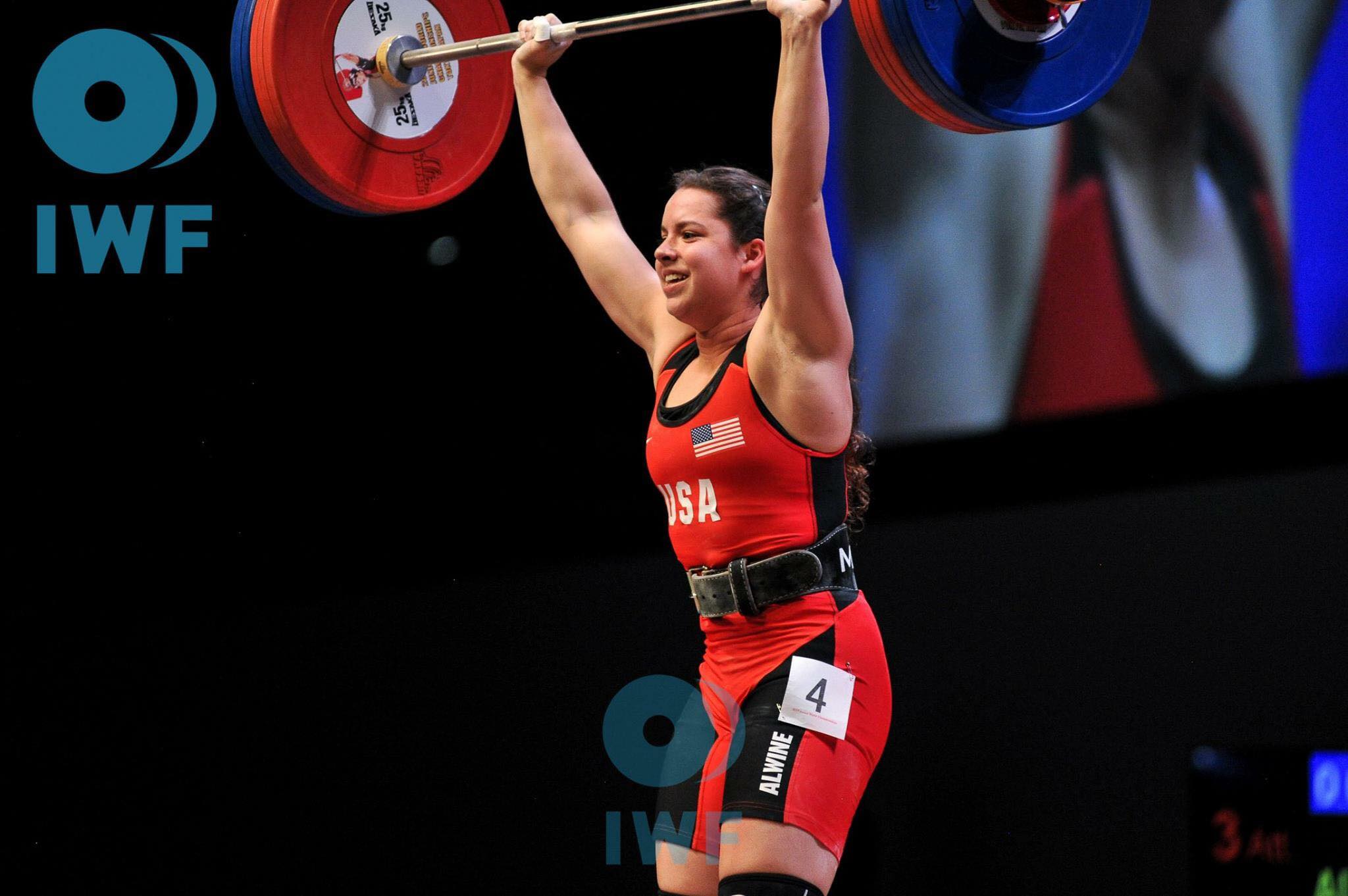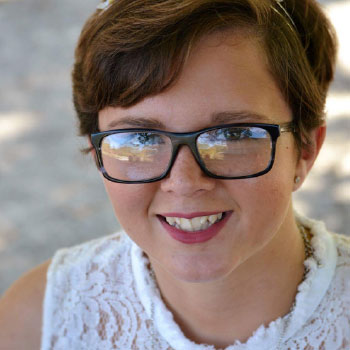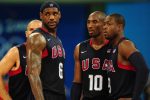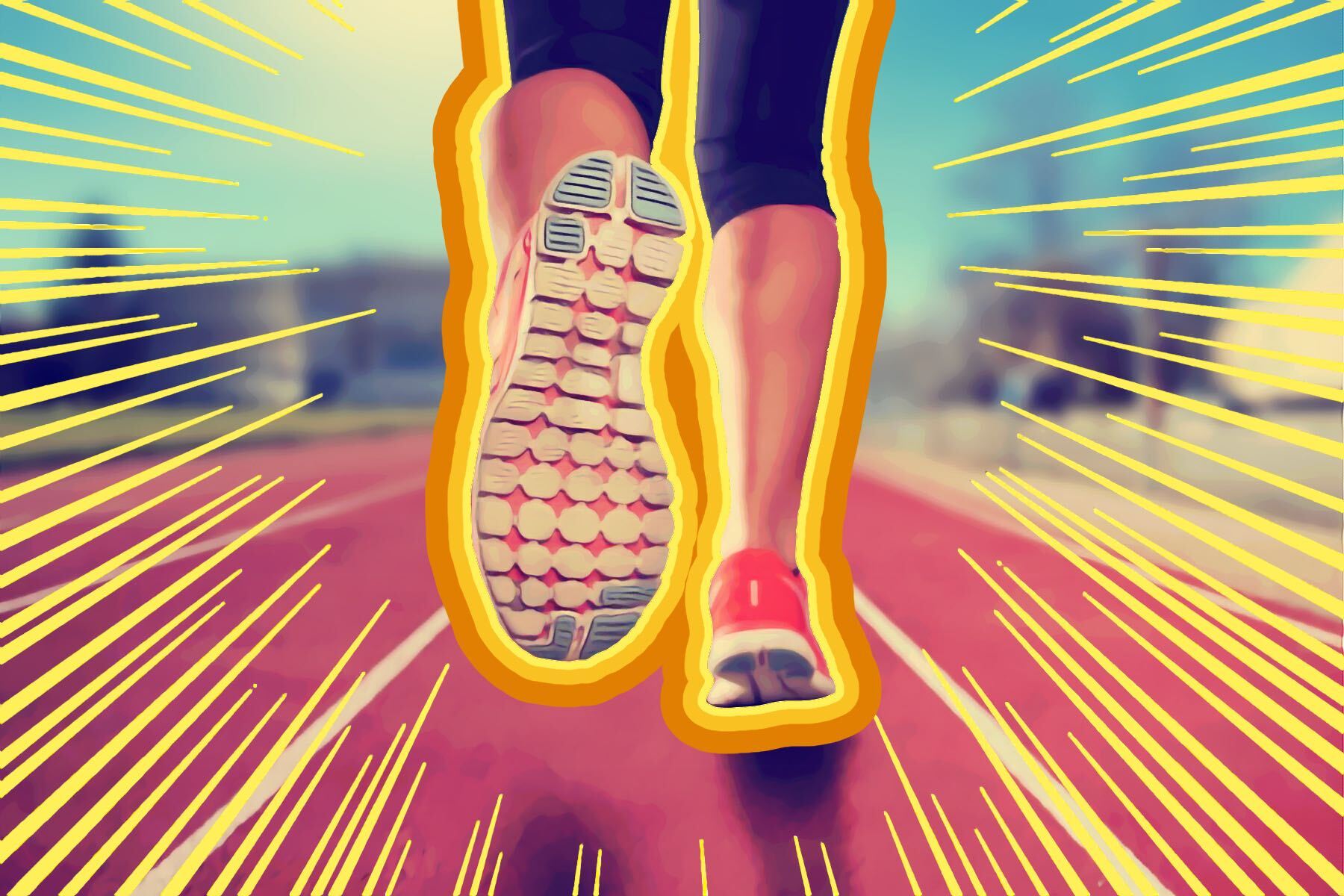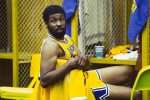An athlete in every way, Meredith Alwine has excelled in the competitive weightlifting world. She has done several different sports in the past, but the first time she tried weightlifting, she knew she was in love. Her already athletic physique aided the process, but even as a newcomer, Alwine is breaking records and climbing the ranks.
Winning three titles from the USA Weightlifting National Junior Championships, Alwine had managed to beat out competitors who have been in the game much longer than she has. She was named to the Junior National team, representing the U.S. in Ecuador in May 2017 and again in Japan in June 2017. In just under two years, she has managed to gain immense skills. Surprisingly, most of her training has been solo, her sole motivation being the desire to become better, but with the help of her two-time Olympian coach, Vernon Patao, Alwine has her sights set on qualifying for the 2020 Japan Olympics.
Cheryl Sutton: You go to Randolph College, right? What made you choose it and your specific major?
Meredith Alwine: Yes, I am a sophomore at Randolph College. When I was looking at schools, I was really attracted to small size. I was always interested in taking very small, discussion-based classes. The community on campus is also super welcoming and made me feel like I should be there. I ended up choosing philosophy as my major because I had taken some courses in the past and I loved analyzing the subject matter and trying to figure out why things work the way they do, but, ultimately, I want to go to law school.
CS: Can you tell me a little bit about your time doing gymnastics and track and where your love of athletics came from?
MA: I did gymnastics for most of my childhood. I used to climb around the house all the time and my mom got nervous, so she signed us up for mom and tot classes at our local gym. I just kind of stuck with it and started competing when I was six until I was about ten. Around the time, I was about to go to middle school and at that age, you really have to commit a lot of time to gymnastics and I just wasn’t that into it.
Still, my parents wanted me to keep up with a sport, so then I took up track. In high school, I took up soccer, too, and I would switch up which sport I did each season. I’ve basically been playing sports for as long as I can remember. There’s something about being able to work towards a goal and constantly improve in what I really enjoy.
CS: When exactly did the shift to weightlifting occur?
MA: I started taking a weightlifting class in Aug. 2015, which was right before my senior year of high school. I didn’t start exclusively doing Olympic weightlifting until my freshman year of college in the spring of 2017.
CS: You’ve done so many different sports. What made you realize that it was the sport for you? And did you ever anticipate this much success?
MA: Well, I was pretty successful right off the bat, which is always attractive when doing a sport. It was the first one that I really loved and wanted to keep doing. There wasn’t a moment that I didn’t enjoy lifting. I didn’t have a lot of expectations going in because I didn’t know much about weightlifting beforehand, as most people don’t. I just started doing it and qualifying meets and doing really well. It’s only in the last six months that my coach and I have begun to understand what my potential is. It’s really been a great journey of improving and succeeding.
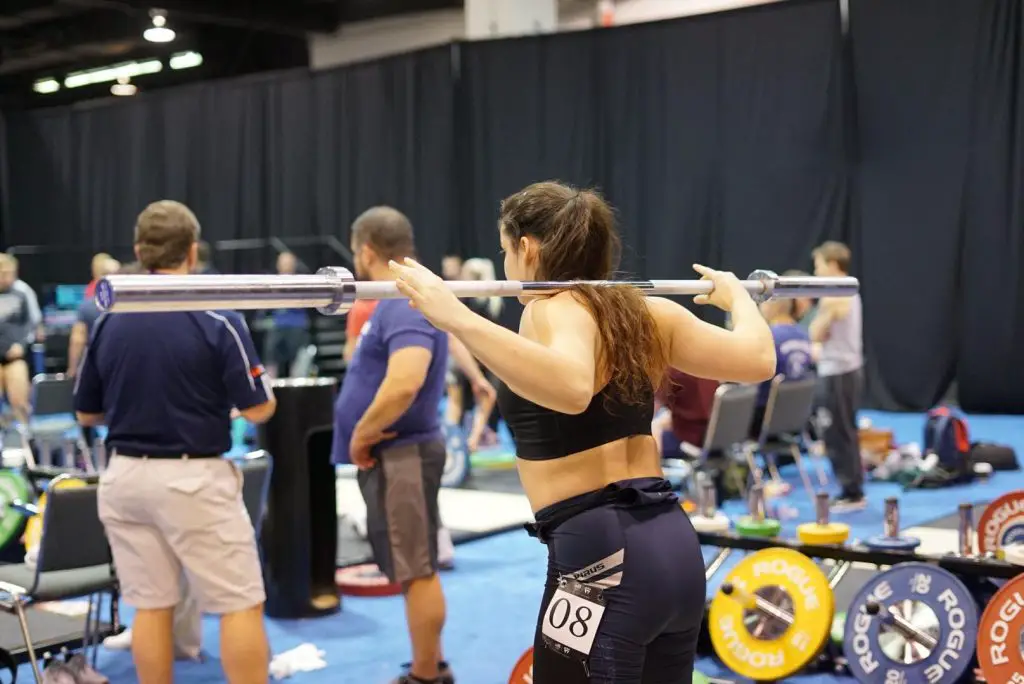
CS: What was one of the first major competitions you did successfully in, as well as any other memorable competitions?
MA: My first national competition was Junior Nationals in Philadelphia in 2016. I had only been lifting for six months at the time, but I ended up placing third, which was exciting. I honestly had no idea what I was doing. Weightlifting meets are split into sessions, so it doesn’t take as long. I had qualified at the bottom of the “A” session. I didn’t realize it at the time, but that’s a pretty big deal. The whole competition, for me, was kind of like breaking through the barrier and thinking “you know, maybe I’m actually pretty good at this.”
And while I recently won at the American Open, back in 2016, I bombed out, which means I didn’t make any of my snatches and I couldn’t total. It was a hugely dramatic thing. I was very upset about it. But it did help me realize the importance of the relationship between an athlete and a coach, as well as how I should approach meets, both mentally and physically, since I had also been playing soccer for Randolph at the time. It was a big turning point for me.
CS: Along the lines of coaching, I read that you like to train solo. Why does that work for you particularly?
MA: I grew up doing mostly individual sports and I’m a huge perfectionist. It works well for me to do a lift, think about it, and go back and try it again. Of course, I know that working with my coach would be better, but as he is in Hawaii and I am in Virginia, that’s a little difficult to do. Still, it works out pretty well because I can get through my workouts on my own without worrying too much about whatever is bothering me that day.
CS: What does a typical workout look like for you?
MA: I usually start with snatches or clean and jerks. I don’t typically do both lifts in one training session. After that, I’ll have things like deadlifts or pulls, which is mimicking the beginning portion of the lift. I almost always do squats and then I’ll have some accessory works such as pull-ups, push-ups, hamstring exercises or abs.
CS: When did you decide to set your sights on the Olympics?
MA: Well, we are very hopeful that I will get the chance to qualify for Japan, but the 2024 games are more realistic. We realized after a series of meets that I was excelling quite quickly. At Junior Nationals in February 2017, I won with a 108 kg (238 lbs) clean and jerk, and then in May at that Junior Pan Am in Ecuador, I pulled off a 115 kg (253 lbs) clean and jerk. It was my personal best of my entire career and a lift I had only done once before in my life. It was a huge deal and a good way of proving myself.
[su_youtube url=”https://www.youtube.com/watch?v=jgY9J8Wgqvo”]
Then, at World Junior Nationals in Japan, I pulled off a 118 kg (260 lbs), which I had never done before. We realized that I could make progress quickly. My numbers for my experience level are fairly high. My mental ability to compete without stressing to the point it affects my lifting. The way my growth has curved made us think that I have a chance to pull off lifts that would get me on the Olympic team.
CS: That’s a very impressive goal! I wish you the best of luck. Though outside of weightlifting, what do you see yourself doing in the future?
MA: Thank you! Well, as I said, I want to go to law school, which will be a difficult thing to do while training because they are both very demanding. I’m not entirely sure what I want to do specifically. I’ve considered courtroom law and I’ve kind of had an interest in business. Or maybe I could get involved with a legal aspect of the U.S. Olympic Committee. Who knows!


